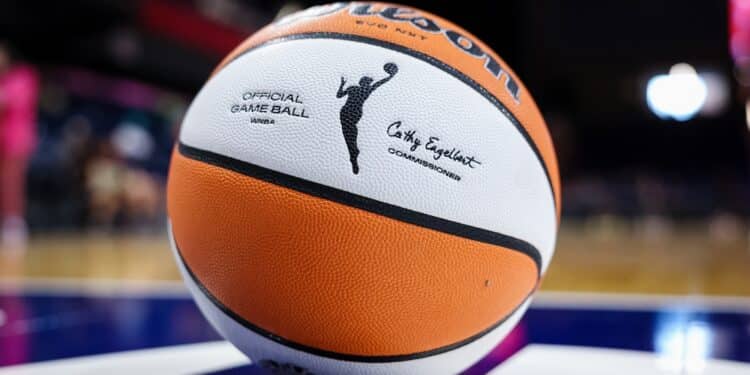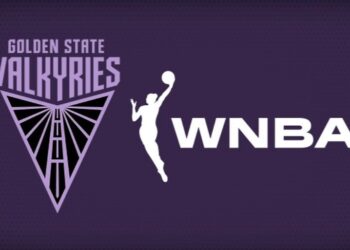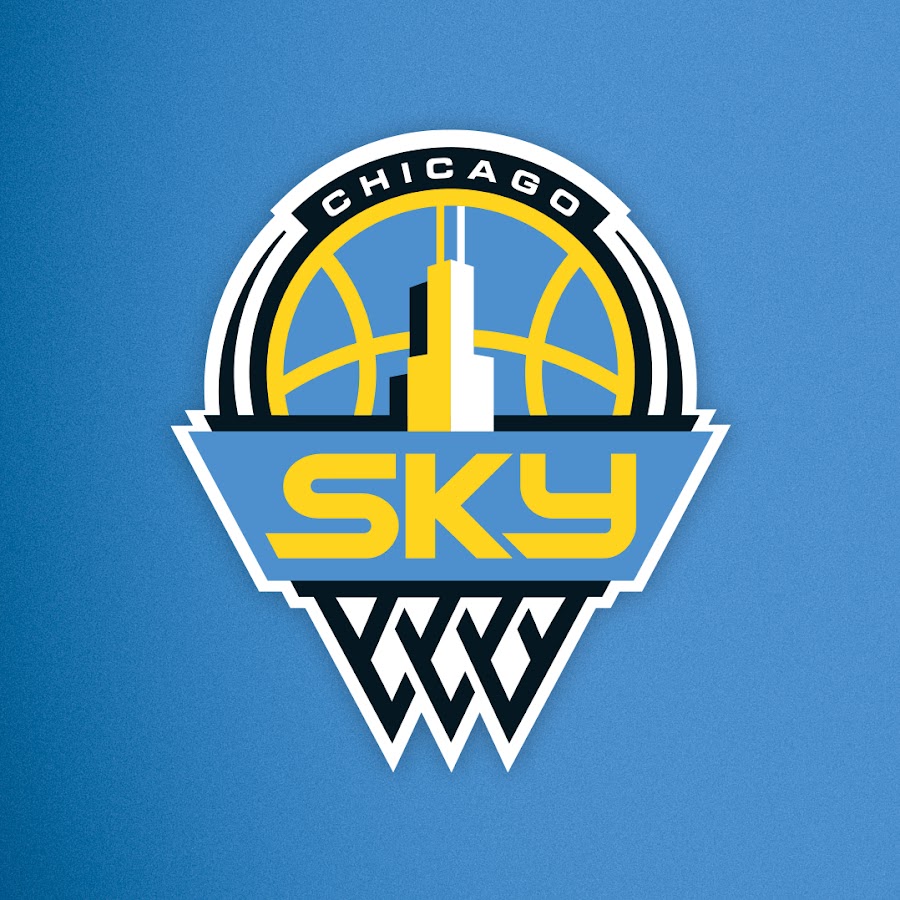By: Nathan Snell
The 2025 WNBA season tipped off this past weekend, and great basketball was displayed. But one moment shoved all that aside, and the battle lines have been drawn for the wrong reason since then.
For context, this past weekend, three games were on ESPN that drew numbers of historical viewership before the 2024 season. (https://www.hoopfeed.com/content/2025/05/espn-platforms-have-record-breaking-wnba-viewership-for-2025-opening-weekend/)
Breaking Down the Game
But for two teams, the Chicago Sky and Indiana Fever, a moment in that game overtook the weekend and its aftermath. With 4:38 left in the third quarter, let’s review what happened.
- Natasha Howard boxes out Angel Reese for a defensive rebound.
- Reese then pushes Howard in the back (a foul for over the back should have been called).
- • Reese grabs the offensive rebound and tries to score.
- • Caitlin Clark commits a take foul.
- • Reese reacts as anyone would in that scenario.
- • Clark receives a flagrant one.
- • Both Aliyah Boston and Angel Reese are given technical fouls.
While the Fever went on to rout the Sky in that game, both players sought to downplay the incident. Clark stated after the game that the foul was a “basketball play; nothing malicious about it.” Reese also offered the same response, saying, “Basketball play. The refs got it right. Move on.”
So here we have two players in the spirit of competition since AAU days have both downplayed this narrative that there is hate amongst one another.
Reese stated “Me and Caitlin have been playing against each other since we were kids.” (https://people.com/angel-reese-hopes-be-teammates-caitlin-clark-in-wnba-8729757)
Clark has come to the defense of Angel in many instances. In a postgame interview, Clark stated “I’m pretty sure the only people that view this as a rivalry is all of you (media). For us, it’s just a game of basketball. That’s what it is. If it’s gonna help move the game forward, absolutely…”
Caitlin Clark asked about Sunday being a rivalry game vs Chicago:
“I’m pretty sure the only people that view this as a rivalry is all of you (media). For us, it’s just a game of basketball. That’s what it is. If it’s gonna help move the game forward, absolutely…”
Well said. pic.twitter.com/rwpD0jw8Qm
— Scott Agness (@ScottAgness) June 22, 2024
Robert Griffin III vs Ryan Clark
Much of the media’s focus shifted to off the court—where it started Robert Griffin started the discourse
Angel Reese hates Caitlin Clark.
It’s staring us all right in the face, but people are afraid to say it.
Won’t answer questions about Caitlin Clark.
Gets mad when people praise Caitlin Clark for the explosion of popularity around Women’s Basketball.
Celebrates when her… pic.twitter.com/mQddPuUAvK
— Robert Griffin III (@RGIII) May 18, 2025
While discussions about players are nothing new in sports, the question is: Who shapes these conversations in women’s basketball? This leads to deeper consideration: Should the WNBA consider gatekeeping?
The recent discussion between Robert Griffin III and Ryan Clark about the portrayal of Angel Reese and Caitlin Clark revealed more than just a disagreement among media figures. Griffin asserted that “Angel Reese hates Caitlin Clark. It’s staring at us right in the face, but people are afraid to say it.” This exchange illustrates Griffin’s misunderstanding of the complex competitive dynamics between Angel and Caitlin.
Former NFL player analyst Ryan Clark, who hosts the On the Pivot Podcast, reacted to RG3’s comments, suggesting that there was a lack of cultural sensitivity and a lack of proper understanding of the challenges that Black women like Reese face daily.
On the surface, this is another clash on social media. But the larger takeaway is not about which man is “right.” It is about the voices that are coming into a space and can either elevate or distort the WNBA and the athletes.
It is notable that neither Griffin nor Clark is deeply embedded in women’s basketball. Yet both hold immense platforms and influence, as do many other outsiders compared to those who live and breathe the game. This is where the issue of gatekeeping becomes apparent.
Women’s Basketball has long struggled to be seen and heard on its terms. Too often, recently, we have seen male commentators who lack context, sensitivity, and proximity to engage in meaningful conversation. THIS IS NOT TO SAY MEN SHOULD NOT SPEAK ON THE SPORT, but rather EDUCATION, and SUPPORT not Dominance.
Gatekeeping is not a bad thing.
Returning to the current topic, the discussions that followed the game, sparked by comments from Griffin and Ryan Clark, shifted focus from the game itself to the personalities discussing it. This is concerning. We enjoyed an excellent weekend of basketball, which was overshadowed, particularly by the narratives surrounding Angel Reese and Caitlin Clark. They are being portrayed as if they are embroiled in drama that they didn’t seek.
Additionally, this relates to shaping public perception. With the most prominent voices in the conversation (Stephen A. Smith, Charles Barkley, Shannon Sharpe, Elle Duncan, Draymond Green, Gilbert Arenas), the gatekeeping in the WNBA has highlighted that male commentators have historically been allies and advocates for women’s sports, while others merely parachute in.
The way stories are framed also matters. Some prefer a sensationalist angle over a substantive one. The outcome? In instances like the situation involving Reese and Clark, narratives become oversimplified. A rivalry characterized by intense athleticism is reframed, transforming it from a celebration of outstanding talent into mere drama for consumption.
So, where do we proceed from Here?
Over the past two years, the WNBA has experienced remarkable growth, yet the 2024 class, particularly Clark and Reese, remains a focal point of both support and criticism, often marked by racial and gender biases. Their rivalry, which began during their AAU days and is built on mutual respect, has played a significant role in advancing the game.
However, if the media continues to exploit their names for narratives, particularly from external perspectives, the league risks straying from its fundamental principle of “allowing players to define the game.”
Clark and Reese are poised to take center stage in the WNBA’s next era, but their game and overall success should not rely on external interpretations. Genuine growth transcends just viewership; it demands cultural stewardship, a lesson we all can embrace moving forward.
The WNBA holds a distinctive chance to step into the limelight while remaining true to its authentic self.


 NFL
NFL





